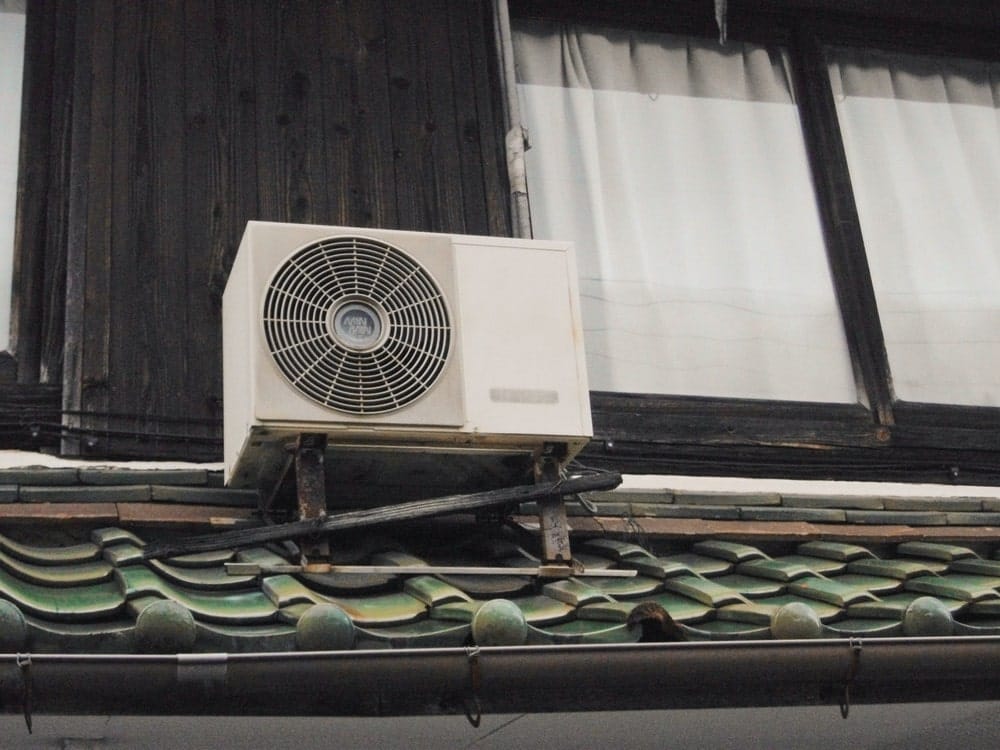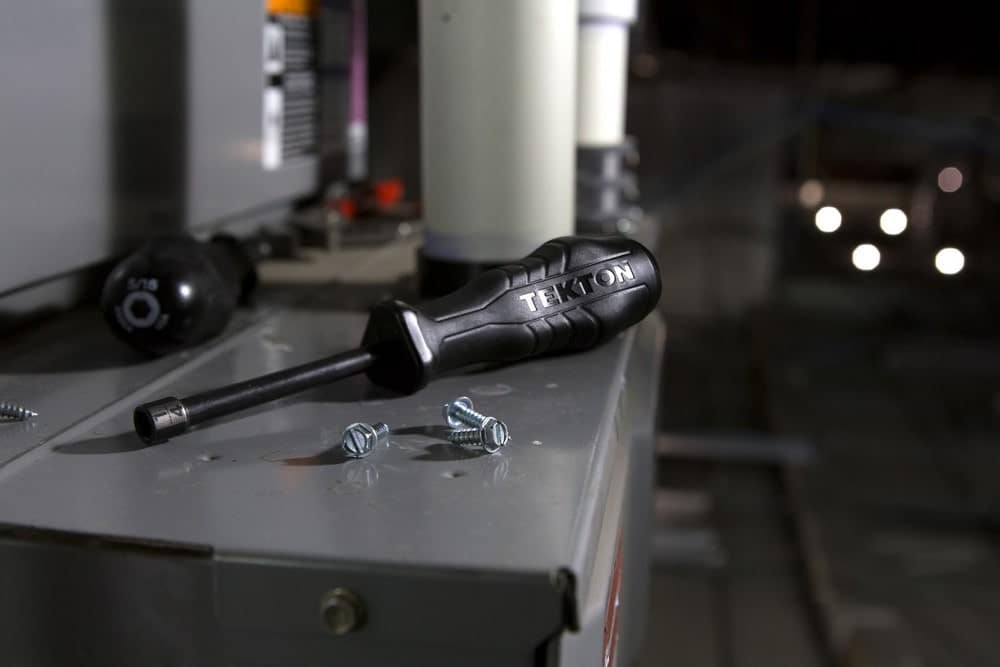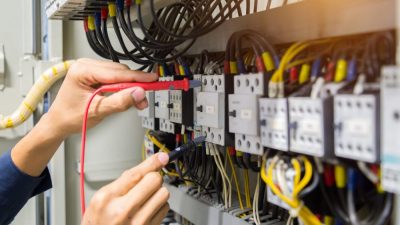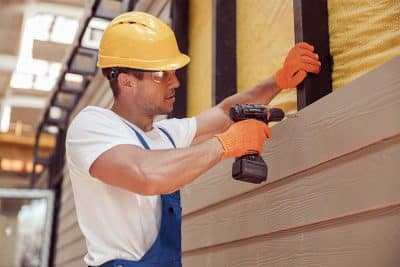
With an overwhelming majority of American households, nearly 90%, depending on air conditioning for a comfortable living space, the need for efficient HVAC systems has never been greater. These systems are vital not only for comfort in harsh weather but also for maintaining good air quality and energy efficiency.
The intricacies and technical demands of HVAC systems necessitate professional expertise for installation, maintenance, and repair. The risks associated with DIY approaches underscore the necessity of engaging a skilled HVAC technician.
In this post, we’ll provide an in-depth guide to help you identify the crucial aspects to consider when choosing a professional to ensure your HVAC system operates optimally, given the extensive reliance on air conditioning.
Understanding HVAC Systems
HVAC systems are more than just heating and cooling units; they are intricate systems that require a nuanced understanding for proper maintenance and repair. Issues like uneven heating or cooling, strange noises, or inefficiencies are common problems that homeowners face.
Ensuring regular maintenance of your HVAC system by a professional can significantly prolong its lifespan and guarantee efficient operation throughout the year. Neglecting these issues can compromise not just comfort, but also lead to escalated energy costs and expensive repairs.
1. Qualifications of a Professional HVAC Technician
The qualifications of an HVAC contractor are foundational to their ability to service your system effectively. Proper certification, such as the North American Technician Excellence (NATE) certification, is a testament to the technician’s knowledge and skills. Opting for a technician with specialized certifications often results in more efficient and innovative solutions for your HVAC concerns.
It’s also important to choose a technician who is licensed and insured, which guarantees compliance with industry norms and offers you protection in case of any mishaps. Keeping up with the latest HVAC technologies and methods is essential, so prioritize technicians dedicated to continuous learning and skill enhancement.
2. Experience Matters
Experience in handling various HVAC systems is invaluable. A technician’s ability to diagnose and fix issues swiftly and effectively often comes from years of working in the field. Moreover, experienced technicians are likely to have encountered a wide range of HVAC models and scenarios, equipping them with the practical knowledge to handle complex challenges.
When selecting a technician, it’s crucial to ask about their experience, particularly with the type of HVAC system you own. Their expertise can significantly improve the quality and efficiency of the service provided.
3. Reputation and Reviews
In the HVAC industry, a technician’s reputation is often a reflection of the quality of their work. Before hiring, take the time to research their reputation. Look for consistent patterns in reviews that speak to their reliability, skill, and customer service.
Online reviews, testimonials, and ratings can provide insights into the experiences of previous customers. Additionally, asking for referrals from people you trust can lead you to reliable technicians who have proven their ability to deliver satisfactory service.
4. Cost and Transparency
Understanding the cost structure for HVAC services is essential. Be wary of technicians who offer significantly lower prices than others; this could indicate a compromise in service quality or hidden costs.
Transparent pricing not only helps in budgeting but also builds trust between you and the technician. A trustworthy technician will provide a clear, detailed quote before beginning any work. Comparing prices is important, but always weigh the cost against the technician’s experience and the quality of service they offer.
5. Customer Service and Professionalism
The importance of customer service and professionalism cannot be overstated. A technician’s communication skills, responsiveness to inquiries, and punctuality are indicators of their professionalism.
Good customer service also includes the ability to explain technical issues in layman’s terms, making the HVAC process more understandable for clients. Initial interactions can give you a glimpse into how they will handle your project. A professional technician respects your time and communicates clearly and effectively.
6. Safety and Compliance
Compliance with safety standards is critical in HVAC repair and maintenance. A conscientious technician will always prioritize safety, ensuring their work adheres to local codes and regulations. This focus on safety is especially important when dealing with refrigerants and electrical components in HVAC systems, safeguarding your property and ensuring the system’s long-term efficiency and safety.
7. Warranty and After-Service Support
A reputable HVAC technician will often offer a warranty on their work, providing you with assurance and protection post-service. Understanding the terms of this warranty is important. Additionally, after-service support, such as regular maintenance services, is an aspect to consider. This ongoing support can keep your HVAC system running efficiently and prevent future issues.
Final Thoughts
Selecting the right HVAC technician is a decision that affects the comfort, safety, and efficiency of your living or working space. Remember to consider their qualifications, experience, reputation, cost transparency, customer service, safety standards, and the warranty and after-service support they offer. Taking the time to choose the right professional will ensure that your HVAC system is in capable hands.









